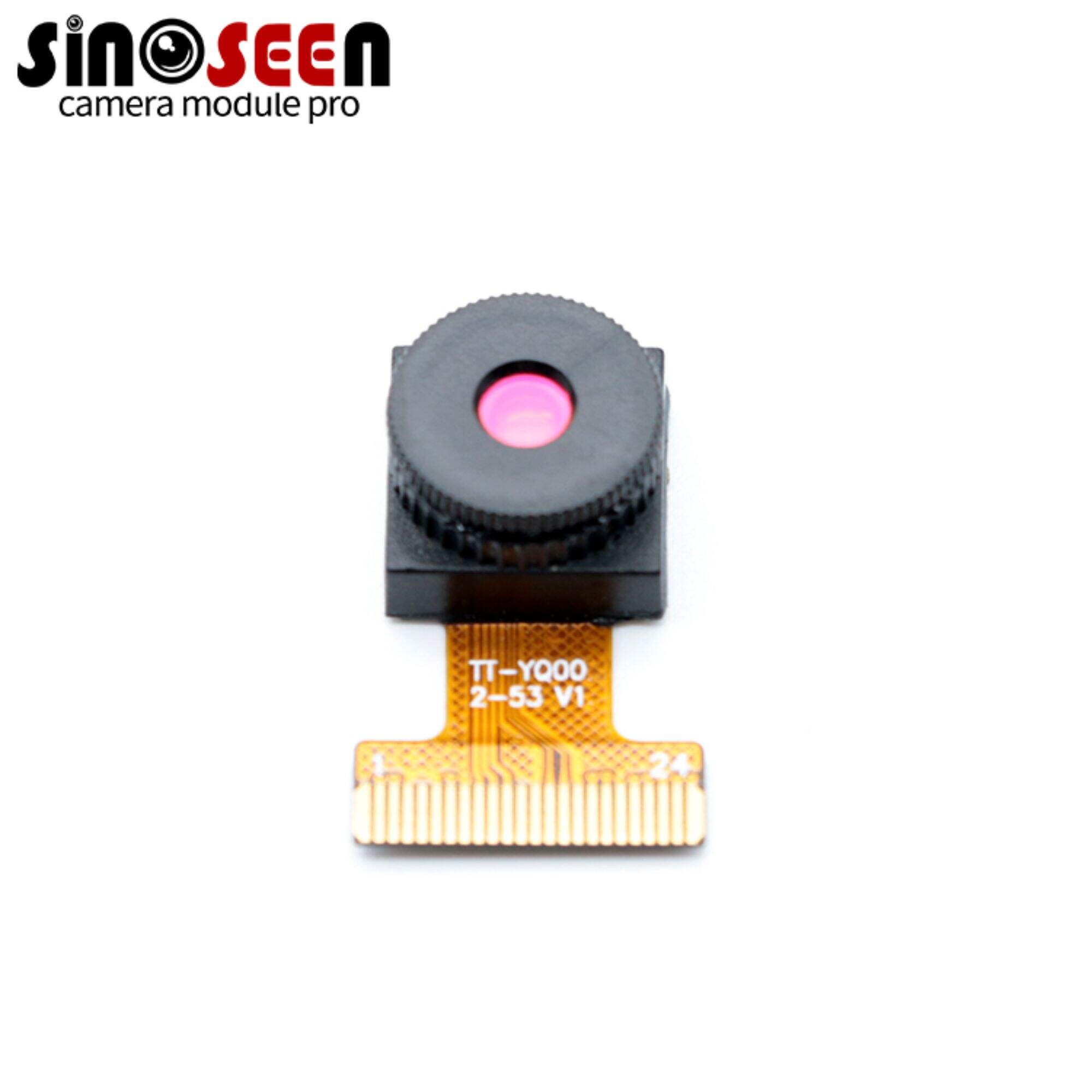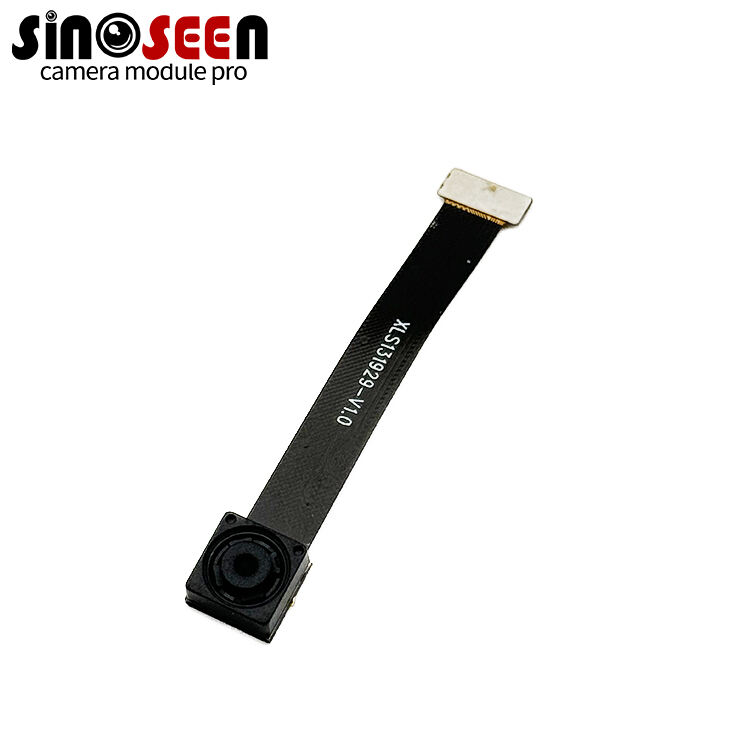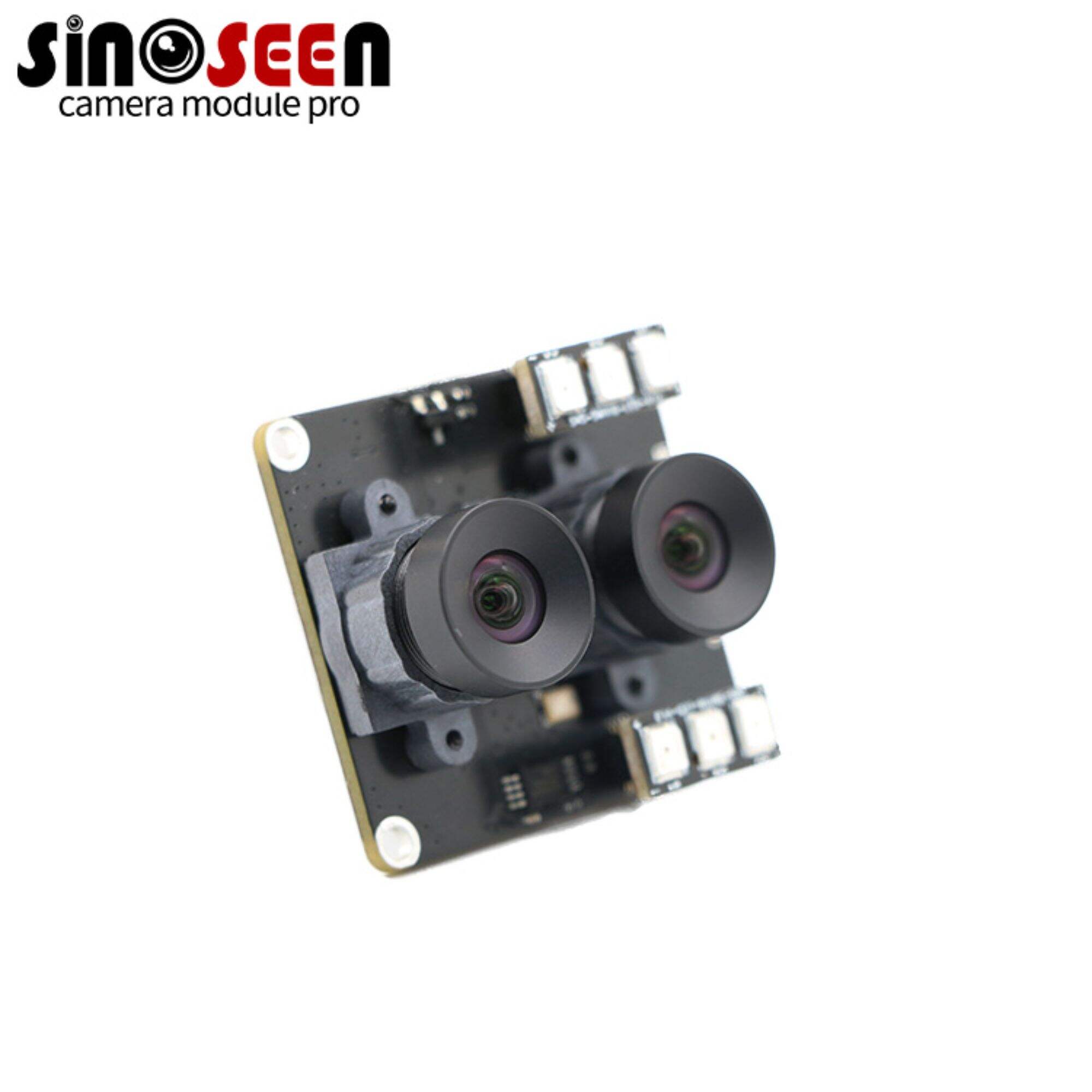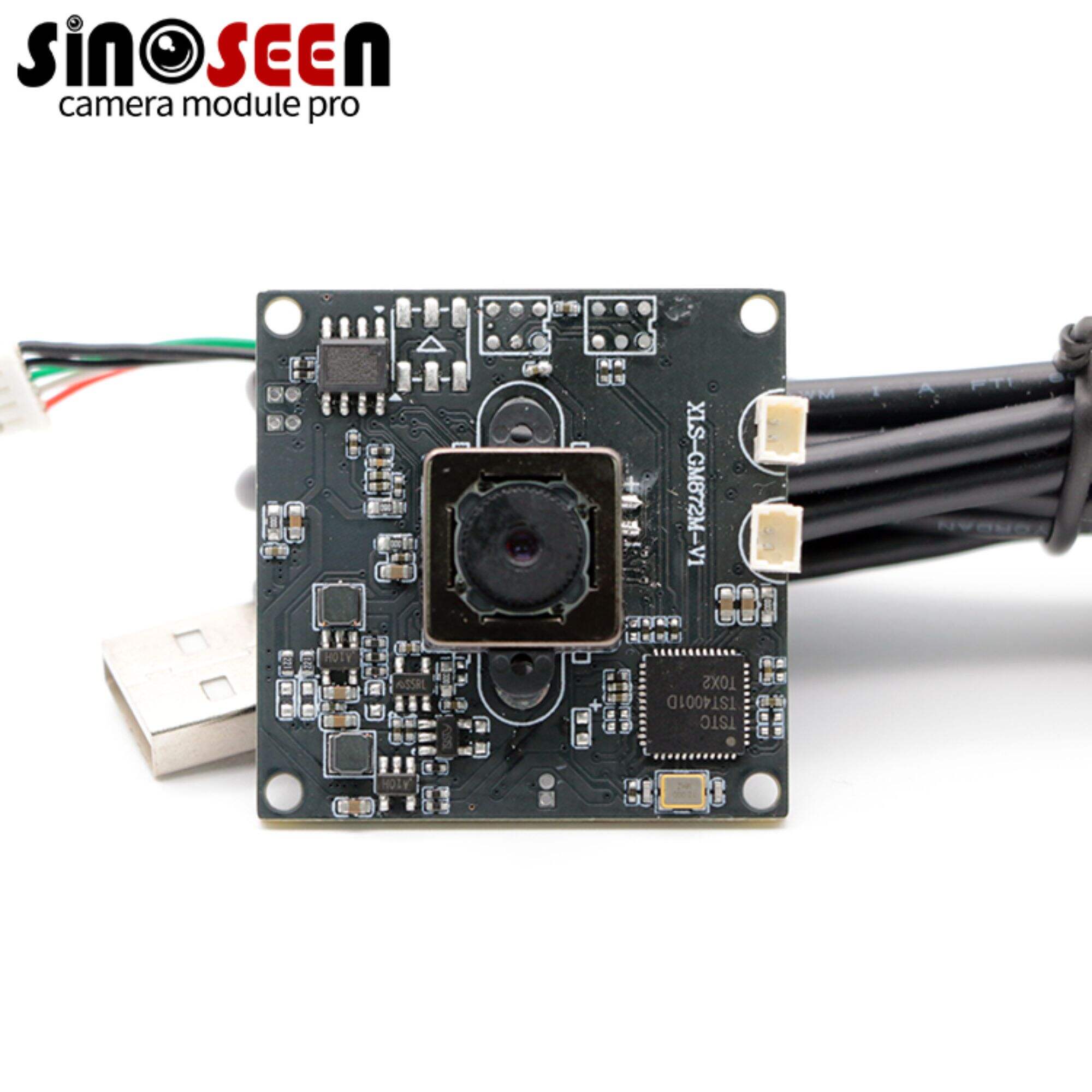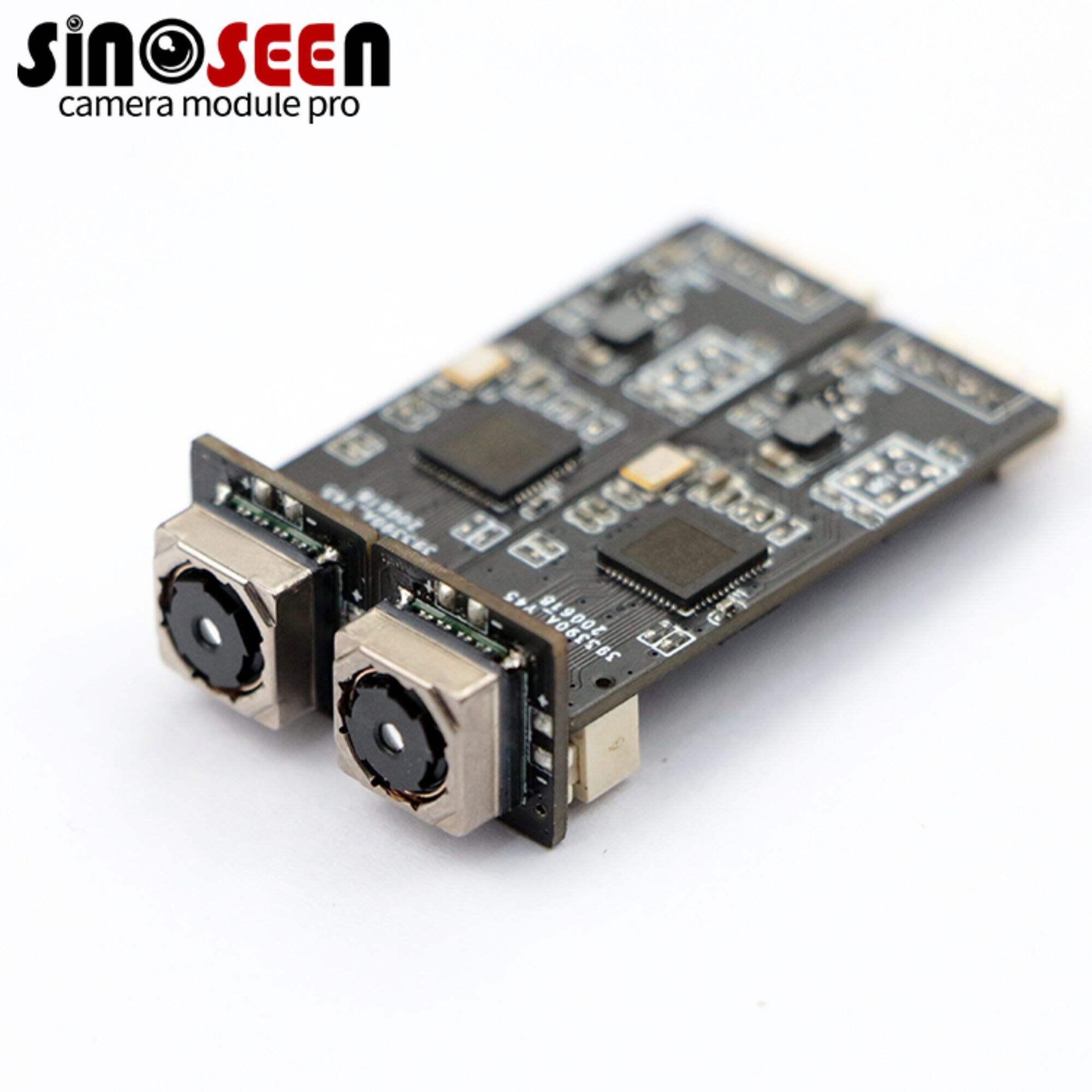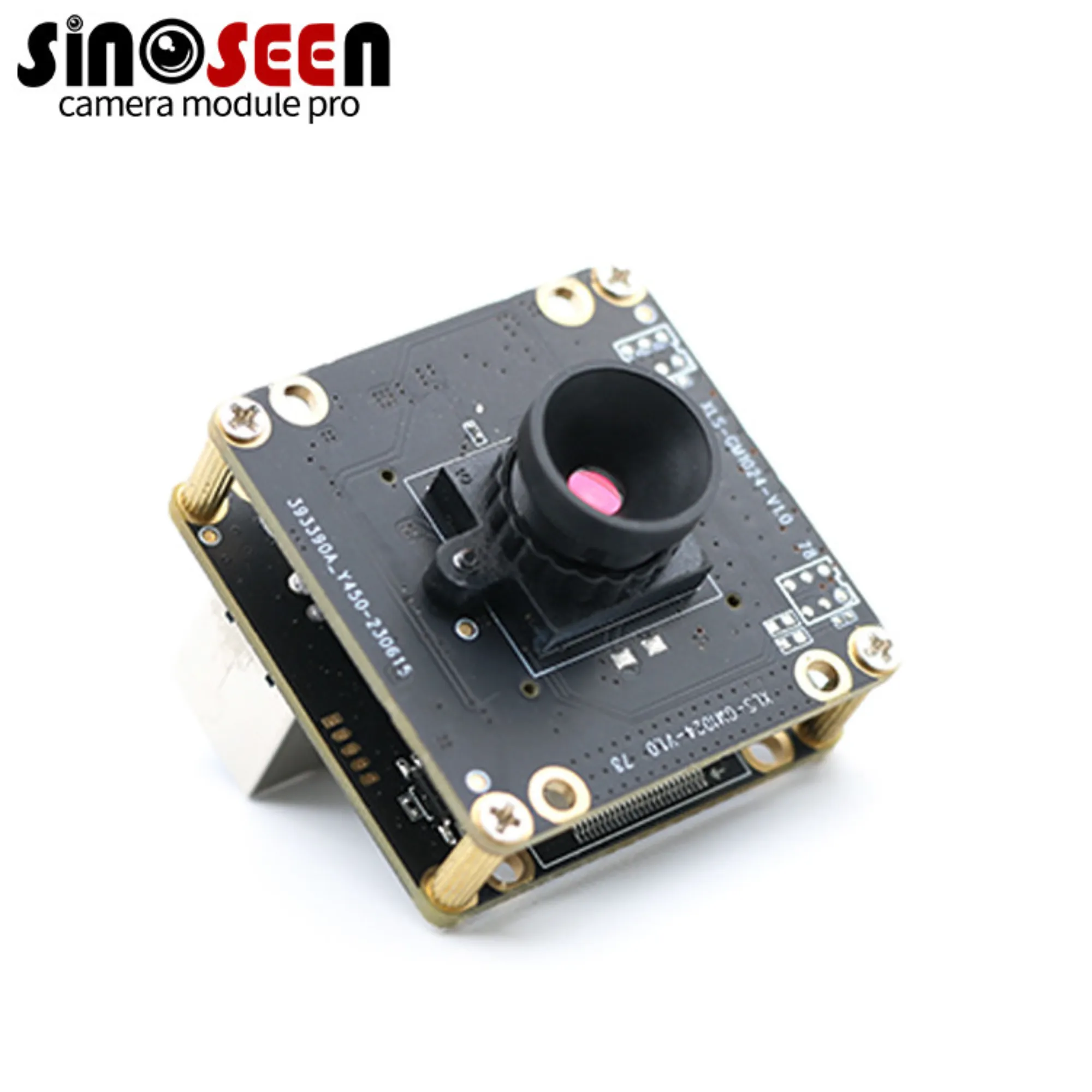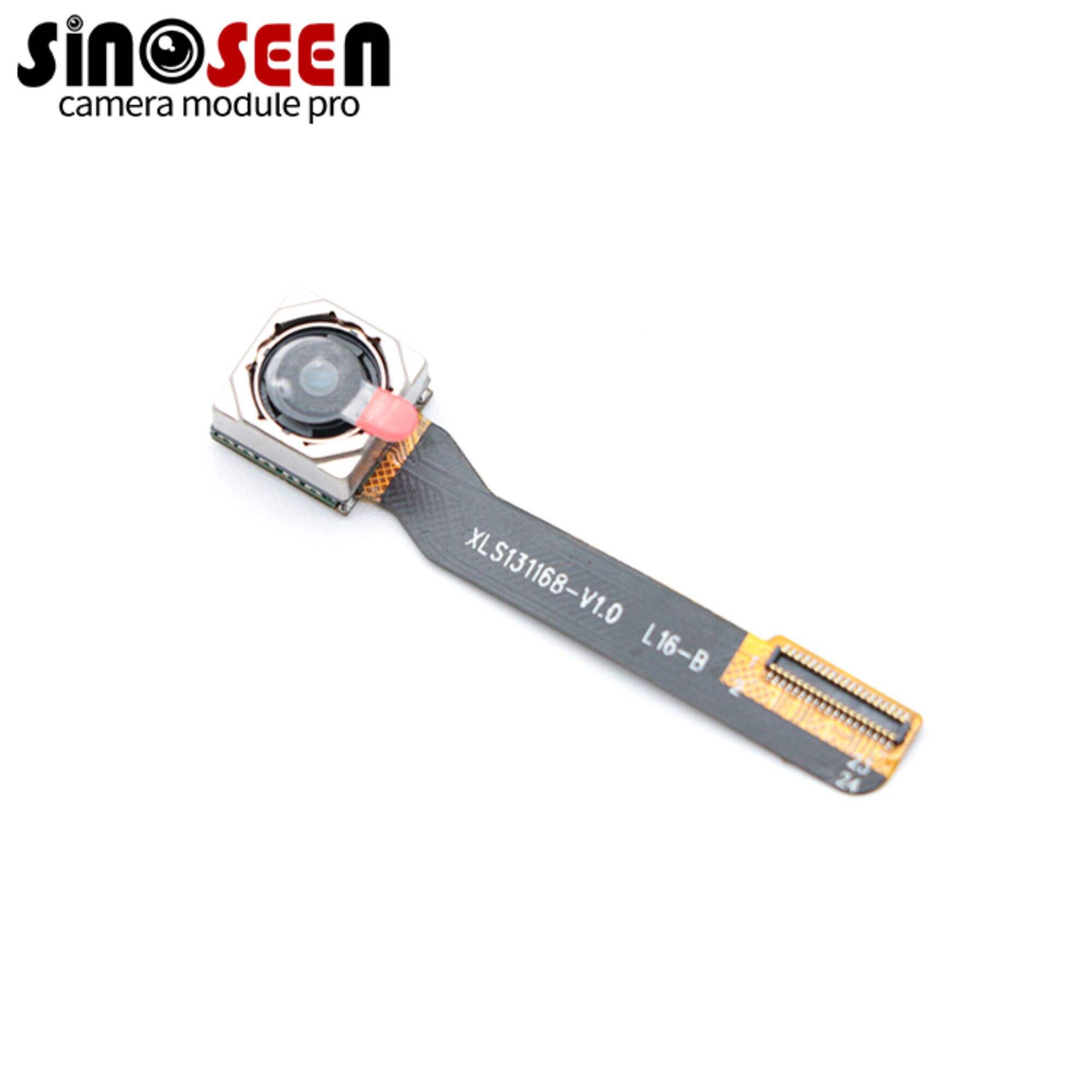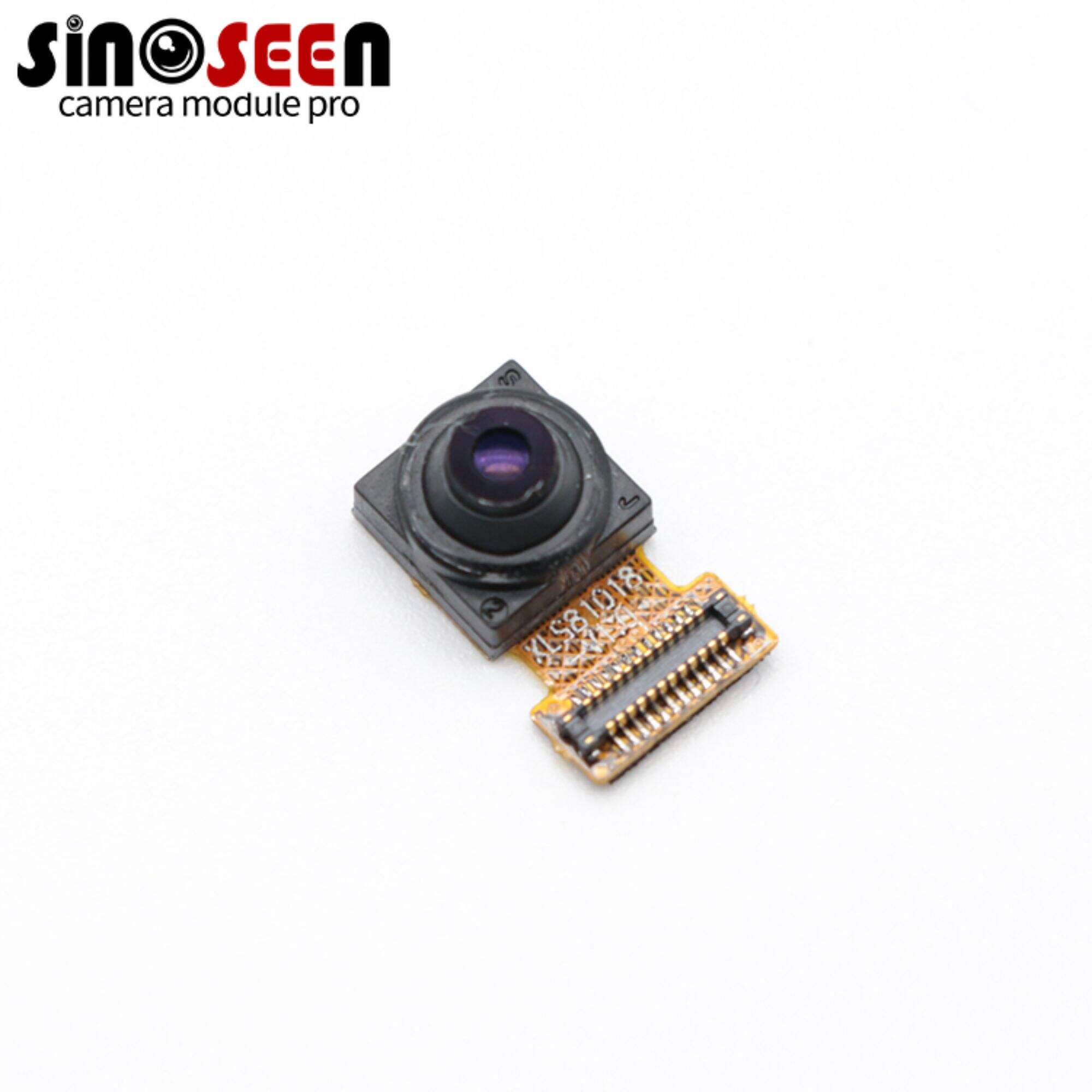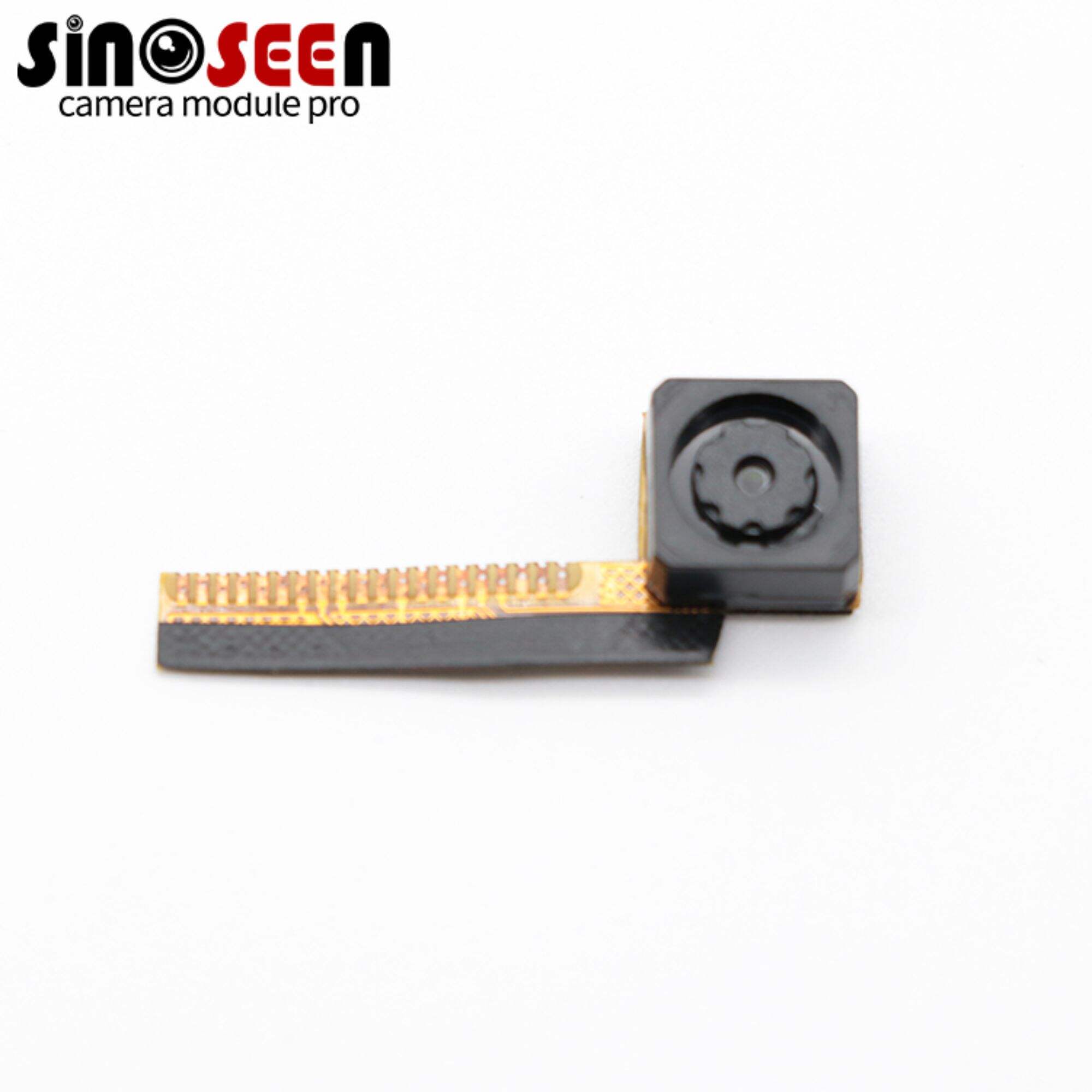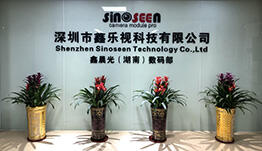What Are the Advantages of an AI Camera Module?
The Evolution of Smart Vision Technology
The integration of artificial intelligence into camera systems has revolutionized how we capture and process visual information. An AI camera module represents the perfect fusion of advanced optics and intelligent processing capabilities, transforming ordinary imaging devices into smart vision systems. These sophisticated components are rapidly becoming essential in various industries, from smartphone manufacturing to industrial automation.
As technology continues to advance, AI camera modules have emerged as game-changing innovations that enhance both consumer and professional photography while enabling countless new applications in security, manufacturing, and beyond. The combination of high-quality image sensors with on-device AI processing has opened up possibilities that were once confined to science fiction.
Core Components and Technical Innovation
Advanced Sensor Technology
At the heart of every AI camera module lies sophisticated sensor technology that captures light and converts it into digital signals. Modern sensors incorporate multiple layers of light-sensitive elements, enabling superior performance in various lighting conditions. The latest AI camera modules feature enhanced dynamic range and improved low-light capabilities, ensuring optimal image quality regardless of environmental conditions.
These sensors work in conjunction with specialized processors designed specifically for AI operations, allowing real-time analysis and adjustment of camera parameters. The integration of neural processing units (NPUs) directly into the camera module enables faster and more efficient image processing without relying heavily on external computing resources.
Intelligent Processing Architecture
The processing architecture of an AI camera module is engineered to handle complex computational tasks with remarkable efficiency. By incorporating dedicated AI accelerators and advanced image signal processors (ISPs), these modules can perform sophisticated operations like object detection, facial recognition, and scene optimization in real-time.
The intelligent processing system employs multiple algorithms simultaneously, enabling features such as depth sensing, motion tracking, and automated focus adjustment. This sophisticated architecture ensures that the AI camera module can deliver consistent performance while minimizing power consumption and processing latency.
Enhanced Imaging Capabilities
Real-time Scene Optimization
One of the most significant advantages of an AI camera module is its ability to analyze and optimize scenes in real-time. The system can automatically adjust parameters such as exposure, white balance, and focus based on the current shooting conditions. This intelligent adaptation ensures that users can capture perfect shots without manual intervention.
The AI algorithms can recognize different scenarios and apply appropriate enhancement profiles, whether photographing landscapes, portraits, or fast-moving subjects. This smart scene detection and optimization capability significantly improves the overall quality of images and videos while reducing the need for post-processing.
Advanced Computer Vision Features
AI camera modules excel in implementing sophisticated computer vision capabilities that enhance both photography and practical applications. These features include precise object tracking, advanced facial recognition, and intelligent depth mapping. The module can process multiple streams of visual data simultaneously, enabling applications like augmented reality and 3D modeling.
The integration of machine learning algorithms allows the camera system to continuously improve its performance over time, learning from user behavior and environmental patterns. This adaptive learning capability ensures that the AI camera module becomes more accurate and efficient with extended use.
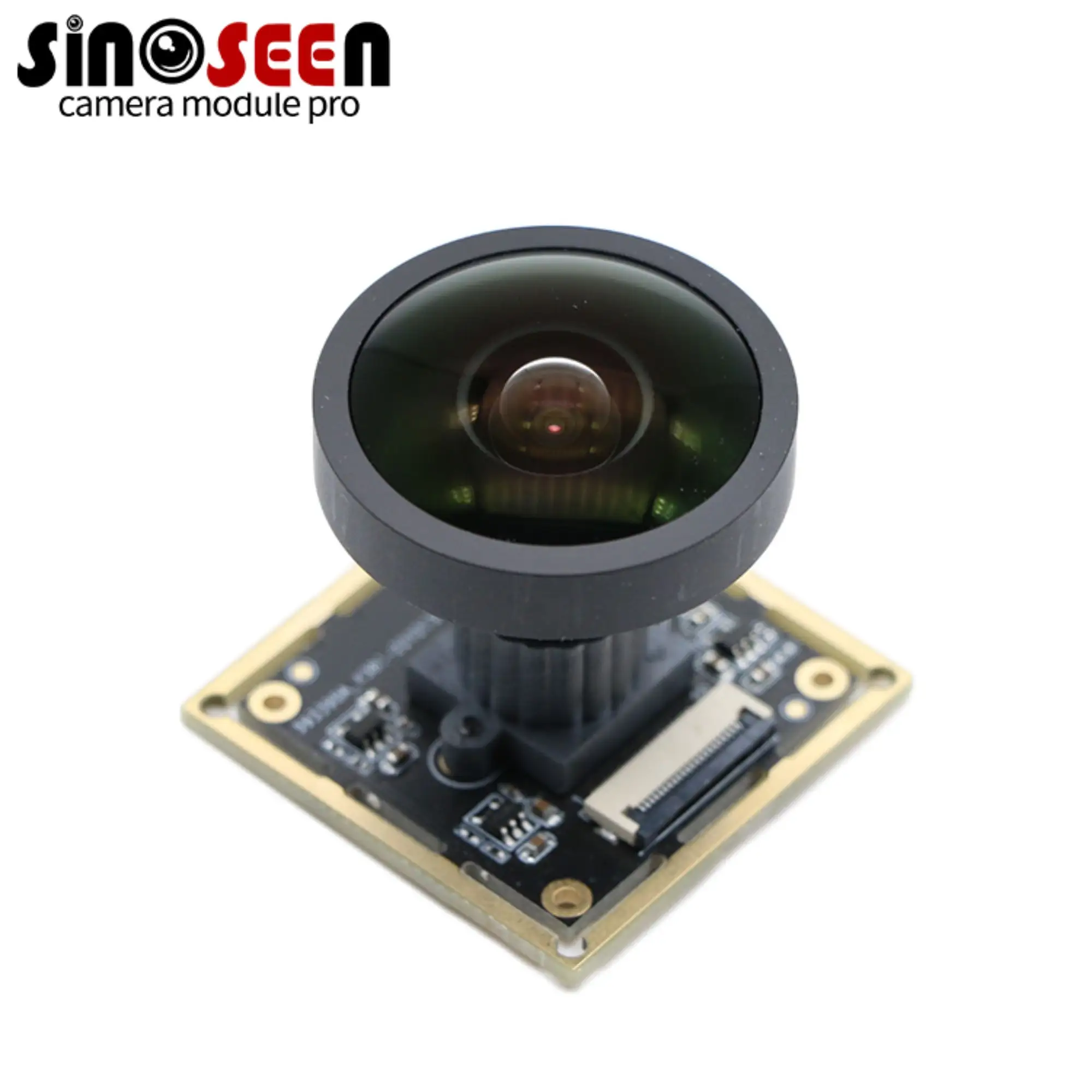
Industrial and Commercial Applications
Manufacturing and Quality Control
In industrial settings, AI camera modules have transformed quality control and production monitoring processes. These systems can detect defects and inconsistencies with unprecedented accuracy, operating at speeds far beyond human capability. The ability to process visual data in real-time allows for immediate feedback and adjustment in manufacturing processes.
The implementation of AI camera modules in production lines has led to significant improvements in efficiency and reduction in errors. These systems can maintain consistent quality standards while adapting to variations in production conditions, making them invaluable tools in modern manufacturing environments.
Security and Surveillance Solutions
The security industry has greatly benefited from the capabilities of AI camera modules. These systems provide enhanced surveillance through intelligent motion detection, facial recognition, and behavior analysis. The ability to process visual data locally reduces bandwidth requirements while maintaining privacy and security standards.
Modern security solutions utilizing AI camera modules can differentiate between normal activity and potential threats, significantly reducing false alarms while improving response times to genuine security incidents. The integration of these modules into existing security infrastructure has revolutionized how organizations approach surveillance and threat detection.
Future Developments and Potential
Emerging Technologies Integration
The future of AI camera modules looks increasingly promising as new technologies emerge and existing capabilities expand. Integration with 5G networks will enable faster data transmission and more sophisticated cloud-based processing capabilities. Additionally, advancements in quantum computing and neural network architectures will further enhance the processing capabilities of these modules.
Research and development in areas such as neuromorphic computing and advanced sensor technologies promise to bring even more impressive capabilities to AI camera modules. These developments will lead to more efficient processing, improved image quality, and expanded application possibilities.
Market Growth and Innovation
The market for AI camera modules continues to expand rapidly, driven by increasing demand across multiple sectors. From autonomous vehicles to smart home devices, the applications for these intelligent imaging systems continue to multiply. This growth is accompanied by ongoing innovation in both hardware and software components.
As manufacturing processes become more refined and economies of scale take effect, AI camera modules are becoming more accessible and cost-effective. This democratization of technology is opening up new opportunities for implementation across various industries and applications.
Frequently Asked Questions
How does an AI camera module differ from a standard camera?
An AI camera module incorporates dedicated artificial intelligence processors and algorithms that enable real-time image processing, scene optimization, and advanced features like object recognition. Unlike standard cameras, these modules can make intelligent decisions and adjustments automatically, providing superior image quality and additional functionality.
What industries benefit most from AI camera modules?
The technology finds extensive application in manufacturing for quality control, security and surveillance systems, automotive industry for driver assistance systems, and consumer electronics. Healthcare, retail, and smart city infrastructure are also increasingly adopting AI camera modules for various applications.
Are AI camera modules more expensive than traditional cameras?
While AI camera modules may have a higher initial cost due to their advanced technology and capabilities, they often provide better value in the long run through improved efficiency, reduced error rates, and decreased need for manual intervention. The cost has also been declining as the technology becomes more widespread and manufacturing processes improve.

 EN
EN
 AR
AR
 DA
DA
 NL
NL
 FI
FI
 FR
FR
 DE
DE
 EL
EL
 HI
HI
 IT
IT
 JA
JA
 KO
KO
 NO
NO
 PL
PL
 PT
PT
 RO
RO
 RU
RU
 ES
ES
 SV
SV
 TL
TL
 IW
IW
 ID
ID
 SR
SR
 VI
VI
 HU
HU
 TH
TH
 TR
TR
 FA
FA
 MS
MS
 IS
IS
 AZ
AZ
 UR
UR
 BN
BN
 HA
HA
 LO
LO
 MR
MR
 MN
MN
 PA
PA
 MY
MY
 SD
SD

